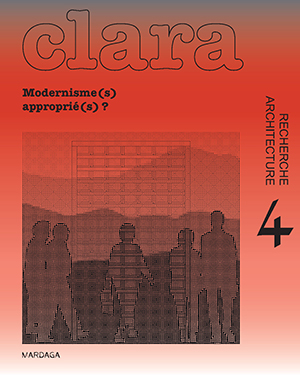Un entre-deux de la Modernité: paysage de quartiers de logements collectifs à Hanoï et Oulan-Bator
Main Article Content
Abstract
The globalised form of tower blocks and blocks of flats, housing allocated or subsidised rental accommodation, is of interest to us on two counts: both as an imposed urban form that leads to increased standardisation of lifestyles, and also as a medium for multiple forms of re-appropriation and extension of living spaces produced by the residents themselves. In order to gain a better understanding of all these forms that 'dispersed creativity' has taken from Europe to Asia, from Africa to the Americas, this article presents two case studies, the first the microdistrict of Ulaanbaatar in Mongolia and the second the Kim Liên social housing district of Hanoi in Vietnam, in order to analyse the conflicting relationships and/or interactions between standardisation and differentiation, control and transgression, standardisation and invention in different geo-sociopolitical contexts. These infraordinary productions of space are analysed as forms of emancipation from modernity and its way of producing habitat and inhabitation.
Article Details

This work is licensed under a Creative Commons Attribution-NonCommercial-NoDerivatives 4.0 International License.

